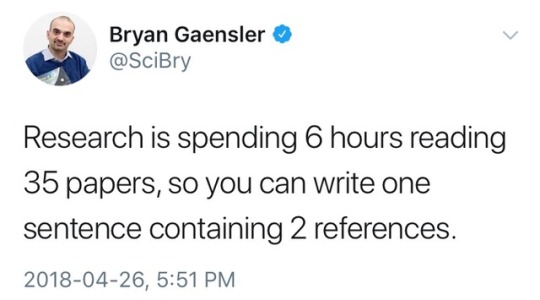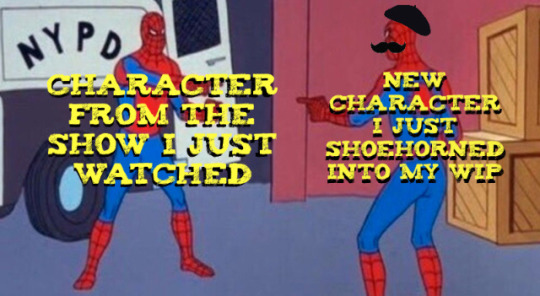Note
Have you figured out the plot to your book? I haven't, but apparently, i've decided that it needs a sequel. :)
If you're asking about a DTMB sequel, then no, I'm not really planning on one yet. But I am working on two other books now, one of which I've fully plotted!
4 notes
·
View notes
Text
story outlining methods, pt. 1:
take off your pants!! (“take off your pants!: outline your books for faster, better writing” by libbie hawker)
this outline starts with a character — specifically their biggest flaw — and leads to five points that will make up the core of your story. it’s best for plots and subplots that focus on overcoming the flaw!
this outline doesn’t just have to be used for coming of age novels. it is just as important in your dystopian, fantasy, or thriller novels that the main character learns something or has changed by the end.
STEP ONE: think about your character
your main character — what is their name, and what are their important features?
what are your character’s flaws? what about their FATAL flaw? ex: hubris, overconfidence, stubbornness, etc.
STEP TWO: think about the end of the story
the story (whether the main plot, a subplot, or a facet of the main plot) is the journey lead to overcome the flaw. now that you know the character’s flaw, you know what lesson they need to learn.
the end of the story = the flaw mastered, the lesson learned.
STEP THREE: think about the external goal
the external goal is the plot, the outer motivation to push the character to the end of the story where the goal is mastered. if you remember my post on quests, you know that a quest has two reasons to be there: the external factor (shrek saving fiona for his swamp), and the real reason (the lesson learned)
the external goal should provide a chance for the character to recognize their flaw and begin to change. how does your plot tie into their character development?
STEP FOUR: think about the antagonist
thinking about the external goal should reveal who the antagonist is. the antagonist should want to achieve the same goal or a goal that impedes with the protagonist’s goal. the antagonist should be the biggest obstacle to the character.
STEP FIVE: think about the ally/allies
the character(s) that is capable of forcing the protagonist down the correct path. where your protagonist most likely will resist changing and confronting their flaw, the ally will help force them to do so anyway.
STEP SIX: think about the theme
so what’s the point of your book? if you are struggling to boil it down to one sentence, you might want to think about it a little longer. this is what keeps the story feeling coherent. what are you trying to tell us?
STEP SEVEN: think about the plot
each main plot element should somehow relate to the core of the book, aka the character’s development in overcoming their flaw
OPENING SCENE - set the stage. address the flaw or the theme
INCITING EVENT - what forces the character out of their everyday life and into the story?
REALIZING EXTERNAL GOAL - what makes the character begin seeking their goal?
DISPLAY OF FLAW - if the character’s flaw hasn’t been made blatantly clear, now is the time. make it known to the reader.
DRIVE FOR GOAL - what is your character’s first attempt to reach their goal?
ANTAGONIST REVEAL - how do you first show your antagonist’s opposition to your character?
FIRST THWART - what happens to your character that keeps them from reaching their goal?
REVISIT FLAW - show the character’s flaw again, even if they themselves aren’t aware of it yet.
ANTAGONIST ATTACKS - what does the antagonist do that makes things worse?
SECOND THWART - where your character fails most likely due to the attack
CHANGED GOAL - the character finds a new goal or focuses on the external goal in a different way
ALLY ATTACKS - what does the ally do to force the character to see the flaw?
AWAKENING - the character knows what they must do to reach the external goal. how will you show that the character has also awakened to their flaw? how will you show them changing?
BATTLE - the final showdown with the antagonist!
DEATH - the character’s flaw dies here. how will you show that the character truly is different now?
OUTCOME - show whether the character won or lost the external goal, reveal the theme of the story.
naturally, you don’t have to follow that outline exactly, but it can be a good place to start ;)
5K notes
·
View notes
Photo
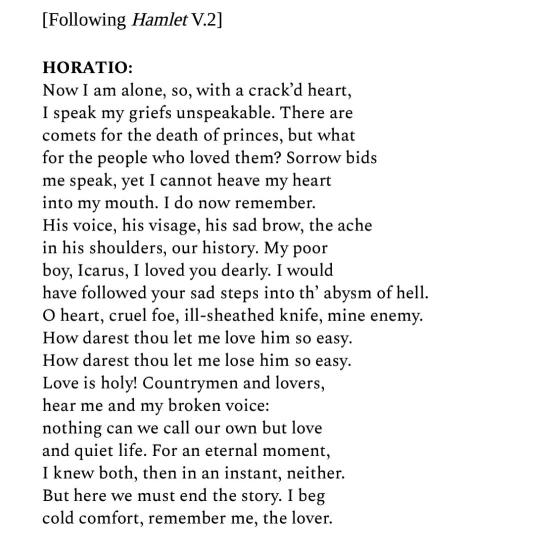
i was tasked with creating a shakespeare scene/monologue using only lines from other plays + ended up getting a perfect 100 for this lmao
@jeynegrey told me to post this so i had to comply
(annotations under the cut)
Keep reading
30K notes
·
View notes
Text
Every writing advice thing ever: Don’t get bogged down in details on your first draft. Just write! ☺️
Me: How I begin this scene hinges on whether cheese sandwiches were served with mayo in the 50’s.
98K notes
·
View notes
Text
Note to self
Stop thinking: “I’m not talented enough to execute this concept.” Start thinking: “I’m going to be a stronger artist when I’ve finished this piece.”
182K notes
·
View notes
Text
Writer's Guide to Unreliable Narrators
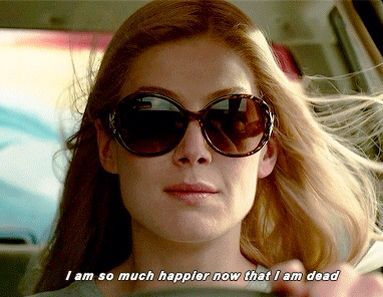
Unreliable narrators are narrators who intentionally or subconsciously mislead the reader with their own bias and lies. I love nothing more than a narrator who deceives me. There is something incredibly charged about not being able to rely on your guide through a story. So how can we write them?
Determine What Kind of Unreliable Narrator your Narrator is.
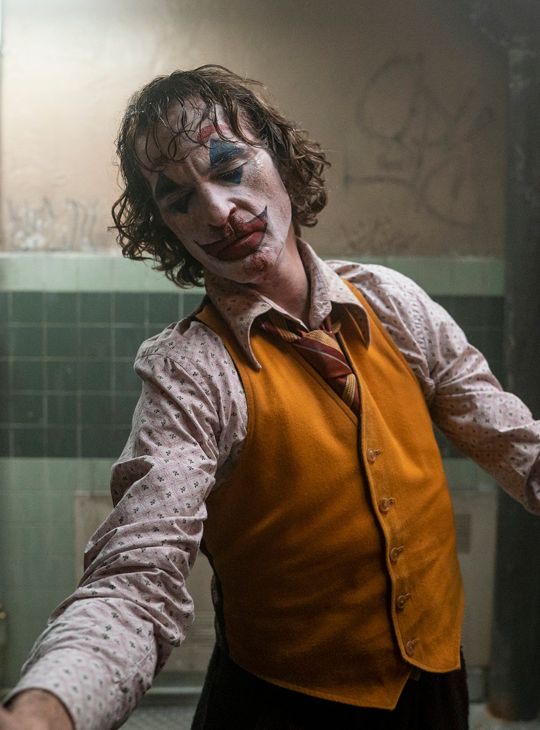
There are five kinds of unreliable narrator we see in fiction, each with their own way of leading the audience astray.
The Unstable: This narrator is usually an unstable character with problems with grasping reality or having trouble accepting it so they bend it to their own tastes. Example: Arthur Fleck in Joker & Amy Elliot Dunne in Gone Girl
The Exaggerator: the one who spins fanciful lies to embellish the facts of the story around them. Usually they embellish it in such a way to make themselves look good.
The Child: Though children can be a font of truth, they often have a way of muddling facts and being confused by certain aspects of the story they are not versed in. Example. Bran in A Song of Ice and Fire & Scout Finch in To Kill A Mockingbird
The Biased: The biased Narrator is usually an outsider. They enter the world with preconceptions of the world and/or characters around them. Usually they get disabused of their biases by story's end but not always. Example Damen/Damianos of Akielos in The Captive Prince Trilogy
The Liar: The Liar is simply just a liar liar pants on fire. They twist the narrative and outwardly lie about their actions and the reactions of others. The liar is self-serving, usually narcissistic. Example Cersei Lannister from A Song of Ice and Fire.
How to Write Your Unreliable Narrator
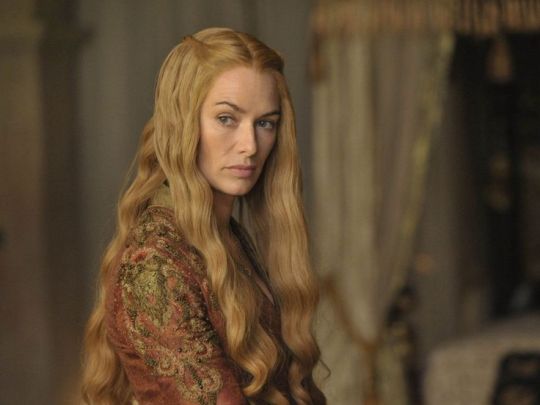
The thing you must remember is that your audience immediately trusts your narrator, they have no other choice. It is a given. However, it is your job to break that trust.
Allow the narrator to outwardly lie. Let them spout half truths or full out lies in the narrative. The audience will take what your character says as the gosphel until slapped with a conflicting account or detail. It provides a wham to the story that becomes a turning point. Perhaps the best example of this is Amy Elliott Dunne in Gone Girl (I recommend). She introduces herself as a sweet housewife who loves her husband despite her fears over his temper. However, in the section of the book she narrates she quickly flips Nick's account of the events leading up to her disappearance, turning the audience on their head so fast none of us have a chance.
Allow the character to mislead your audience with the absence of details. Your story is one big chain, omit a link and the thing is useless & subject to the questioning you want to draw out of the audience. For example, Daenerys Targaryen believes wholeheartedly that the house with the red door is in Braavos. However, she vividly remembers a lemon tree outside her window and sunsine. But lemon trees cannot grow Braavos and it is notoriously damp and cold. #lemongate
Speak to your audience through the events of the story, bypassing the narrator to get through to the audience. Sometimes the best reveal that the narrator cannot be trusted is showing the audience evidence that they are either not seeing what's happening or they are ignoring it. For example in Captive Prince, it is almost explicitly suggested that the Regent molested his nephew Laurent as a child. If one ignores Damen's narration, the signs are there to see from Laurent's reaction to his Uncle's presence and in some of Laurent's words. Damen chalks this down to Laurent being a brat and the Regent just being a villain. He has to be told despite the audience realising or at least suspecting it from the second book onward.
Play off your secondary characters. Use the characters around your narrator to disprove their account if the story and completely flip the story on its head. Usually, I trust the secondary characters when it comes to Unreliable Narrators. For example, Cersei Lannister gets her own POV in a Feast of Crows. Up until this point she has been very mercurial in her reactions in the first few books, to the point where other characters and the audience are confused about who the real Cersei is: the shrewd polictian or the wine mom with way too much faith in herself and her spawn. In truth, Cersei is incredibly paranoid about those around her and she thinks herself the cleverest player in the game. However, from others such as Tyrion, Tywin, Littlefinger and the members of the Small Council (who yes, all have a touch of misgyny to their criticisms of Cersei but really most of their points have a point since she is mad as a box of frogs) we see that Cersei tends to make enemies out of allies, assume the worst in others and make political choices to spite others or to put her faith in those who offer her little more than flattery.
3K notes
·
View notes
Text
while i get and agree with the fact that gay people should probably play gay people and gay stories are best written by gay people, the fervor to prove that “straight people shouldn’t play gay characters!!” is what the interviewer used to forcibly out lee pace so like
idk maybe slow your roll and realize that like… actors can be closeted, content creators can be closeted, and tbh this “you can only write your own experiences, never write someone else’s” rhetoric is also a bigot’s fucking wet dream?? like the perfect excuse to never write diverse characters?? and to say that they have nothing in common with people who don’t look/love/exist the same way as them??
yeah, the author of simon vs the homo sapien’s agenda is a cis straight woman, which means love, simon (though directed by a married gay man with multiple gay characters played by gay/bi actors) is based on a novel written by a straight woman… but this straight woman literally ends her book acknowledging the LGBT teens who helped her write the book and make sure she was writing it appropriately.
this is the content we want
listen… EVERY SINGLE piece of media EVER involves some level of writing about experiences that are not your own, especially if it’s diverse. even bland stories just about white people involves an author writing about genders that are not their own. if you want a story with characters of color, white authors are going to have to write about those perspectives. if you want gay characters in every story, straight authors are gonna have to write about those perspectives. even LGBT narratives might involve gay authors writing about bi characters or cis authors writing about trans characters.
what we HOPE FOR when they do that is that they talk to people… actually belonging to those groups to learn what is and isn’t appropriate and true to life. which is what the author of simon vs the homo sapien’s agenda did.
it’s exactly what she did. she literally worked in a support group for LGBT and GNC kids, saw they did not have cute love stories written for them after they told her this, and then worked with them to give them the love story they craved.
this is a good thing. this is progress for lgbt people. this is the path we need to walk towards getting LGBT content created by LGBT authors.
when you attempt to take the ~moral ground on protesting this film, all you’re doing is telling people who fund these projects that gay products don’t sell. they don’t get the nuance of what you’re going for. and, chances are, you’re looking like a fucking hypocrite, because i can promise you most of the canon gay characters you stan profit a cishet somehow (if they’re even canon).
so, y’unno, as someone who has read simon vs the homo sapien’s agenda AND seen the fucking movie let me tell you!! it’s fine!! it’s diverse beyond having gay character, it’s written respectively, and it hit home on a lot of experiences i WISH i had as a gay teen. it’s corny, it’s silly, and it’s all i ever would have wanted at 13, 14, 15
if you don’t want to see it, just fucking say so! but don’t act like you’re doing it on moral grounds. you can just… not like a movie or not want to see it without it being some moral victory.
57K notes
·
View notes
Text
i am overcome with the urge to deal out unsolicited writing advice
855 notes
·
View notes
Text
Reader: *comments on the story*
Me, a starving author:
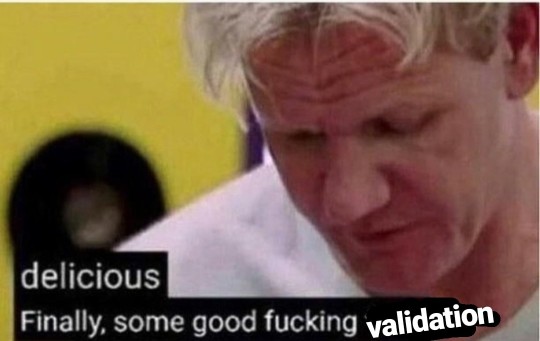
7K notes
·
View notes
Link
Writer Beware makes posts on which publishing houses to avoid at all costs, which words to look for and which words to watch out for in contracts, and several other things that will keep you in control and knowledgeable about the publishing process. I’d suggest reading through the website if you want to avoid getting ripped off, cheated, or scammed.
48K notes
·
View notes
Text
Why do people listen to the advice of those wannabe ‘writers’. I mean they are not even published?
46K notes
·
View notes
Text
what if we were sparring and your shirt was clinging to your body with sweat and your eyes were really intense and that got me distracted enough for you to pin me to the ground and sit on top of me? and maybe you were breathing all heavy and gave me a smug little smirk while saying “i win” and then i went “are you sure?” and grabbed you by the collar to pull you in for a kiss? and perhaps once we separated i said “because i think i’m the real winner here.” with our foreheads still pressed together? i think that’d be kinda cool idk!
30K notes
·
View notes
Text
careful bro you’re making this sparring scene kinda homoerotic
91K notes
·
View notes
Text
My five brain cells when we finally get to the scene I wanted to write:

3K notes
·
View notes
